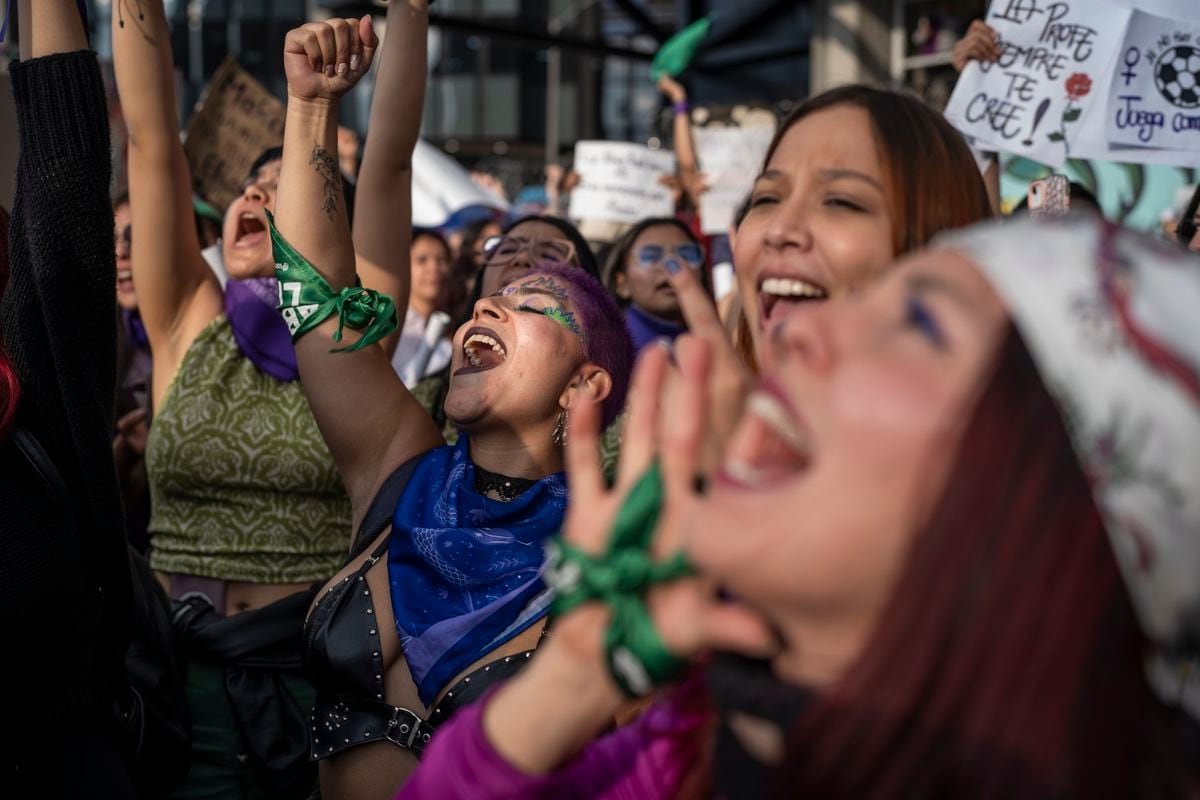Pepa Bueno, director of EL PAÍS, together with Professor Paula Escobar during their dialogue at the Women and Media Chair of the Faculty of Communication and Letters of the Diego Portales University, in Chile. Cristian Soto Quiroz
The director of EL PAÍS, Pepa Bueno, participated this Thursday in Santiago de Chile in a dialogue at the Women and Media Chair of the Faculty of Communication and Letters of the Diego Portales University.
On the second day of the journalist's visit to the South American country, she spoke with the director of the chair, Paula Escobar, in a packed auditorium in the center of the Chilean capital with an audience made up mostly of journalism students and broadcast by Emol TV .
In an activity organized by the European Union delegation in Chile, Pepa Bueno talked about gender inequality in the media and her enormous power as an agent of change in terms of equality between men and women.
She has done so on the basis of her extensive professional biography and the challenges she has faced as director of EL PAÍS.
"The great transformations in terms of gender are produced from the bottom up", she has said in this activity that she is part of a visit that includes her participation this Friday in the forum
The social challenge of Latin America, reforms, rights and social dialogue
, organized by Prisa Media, which will close with an interview by the director with the president of Chile, Gabriel Boric.
It has been a dialogue of more than an hour where Pepa Bueno told that when she started practicing in the eighties, when she was in the first year of university, the newsrooms were full of women and the offices full of men.
“In these years things have changed and the change is unstoppable.
But I have observed over the years that the newsrooms continue to be full of women, who today reach middle management, but this career stops when it reaches the leadership”, reflected the second woman to assume the direction of EL PAÍS, after Sol Gallego Diaz.
The director recalled that a recent report by the Spanish Press Association, based on 100 reference media, indicated that only 23% are directed by women and barely 13% are managed by women.
Early in the morning, he had breakfast at the residence of the ambassador of the European Union in Chile, León de la Torre, with a group of Chilean journalists about the challenges faced on both sides of the Atlantic both in access to positions of greater responsibility and in coverage .
The director recounted the experience of EL PAÍS, where there has been a gender correspondent since 2018, a position that debuted with Pilar Álvarez and is currently held by Isabel Valdés.
“What would I want in EL PAÍS regarding equality?
That women's careers matter.
That the glass ceiling cracks," assured Pepa Bueno, who took over the management in July 2021, and who today in Santiago de Chile delved into the gender perspective that the newspaper has in all its sections: "It is a perspective that I hope let it multiply.”
In a talk where Pepa Bueno confessed that she feels at home in Chile ("I'm from the south of Spain and I have a strong accent and, being in Chile, my accent comes out again"), the director referred to her way of exercising power and the professional efforts of the newspaper to include the views of expert women in journalistic coverage.
“We must be attentive to the equitable space of time in the public space of opinion.
Men have been intervening for a long time and feel they own the public space and, however, women have less time and act as if we were in a borrowed place”, reflected the journalist, who was consulted about the so-called
mansplaining
, a term that consists of explaining something to someone, especially a man to a woman, in a way considered condescending or paternalistic.
“They haven't done it to all of us throughout our lives, but since I've been running EL PAÍS the most amazing questions I've been asked have nothing to do with what I say, but with my life: How is your partner doing?' .
I can't imagine that this question has ever been asked of the male editors who have run the newspaper."
He recalled his time on Spanish public television and "the tyranny of the image towards women, which is not new, but remains intact."
When she assumed the direction and presentation of the news program –the first woman to assume both positions– Pepa Bueno succeeded a “wonderful journalist and dear friend”, Lorenzo Milá, and she told her colleagues: “Does anyone imagine me presenting the news with the gray hair that makes Lorenzo so attractive?
In this tyranny of the image as a social demand to respond to a standard, I do not think it will advance quickly, not even after the explosion of Me too and the new waves of feminism”, analyzed Bueno, who recounted the experience of other European countries, as in France, where older women are still on screen.
Along with highlighting the feminist movement that exploded in 2018 in Spain where "young women in their 20s and 30s were the protagonists", the director of EL PAÍS said that "it is not enough just to have women in positions of responsibility, but that" there are to completely transform the game of relationships and power”.
In a message addressed especially to the youngest, he called on them to be aware that "the public space belongs to them" and "not consent that they do not give them the floor": "There are many and there is no turning back," he said in reference to the students and to the spaces conquered in recent years that, however, are in danger.
Asked about the recent elections in Italy, with the victory of the far-right Giorgia Meloni,
Pepa Bueno assured that there is a kind of "authoritarian international" that shares a general argument "of denial of equality."
For the journalist, these far-right groups seek to appropriate the niches of discomfort, which "is very disturbing for the European Union", among other things because of the danger of regression for women's rights.
Subscribe here
to the EL PAÍS América
newsletter
and receive all the key information on current affairs in the region

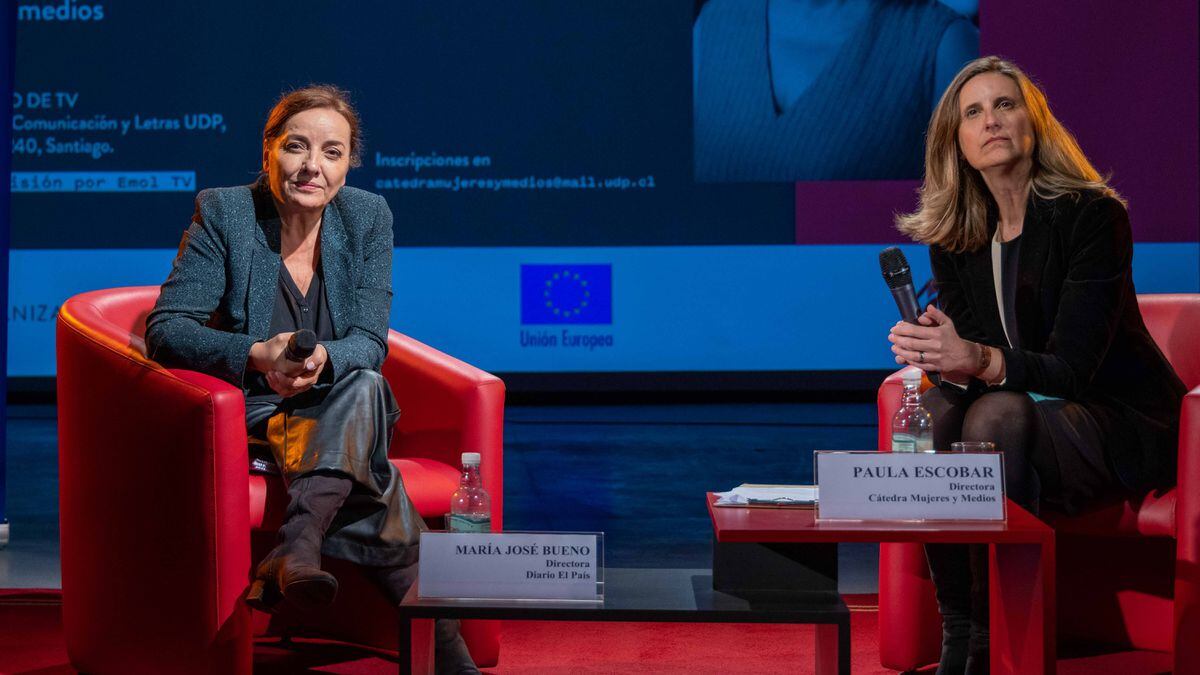
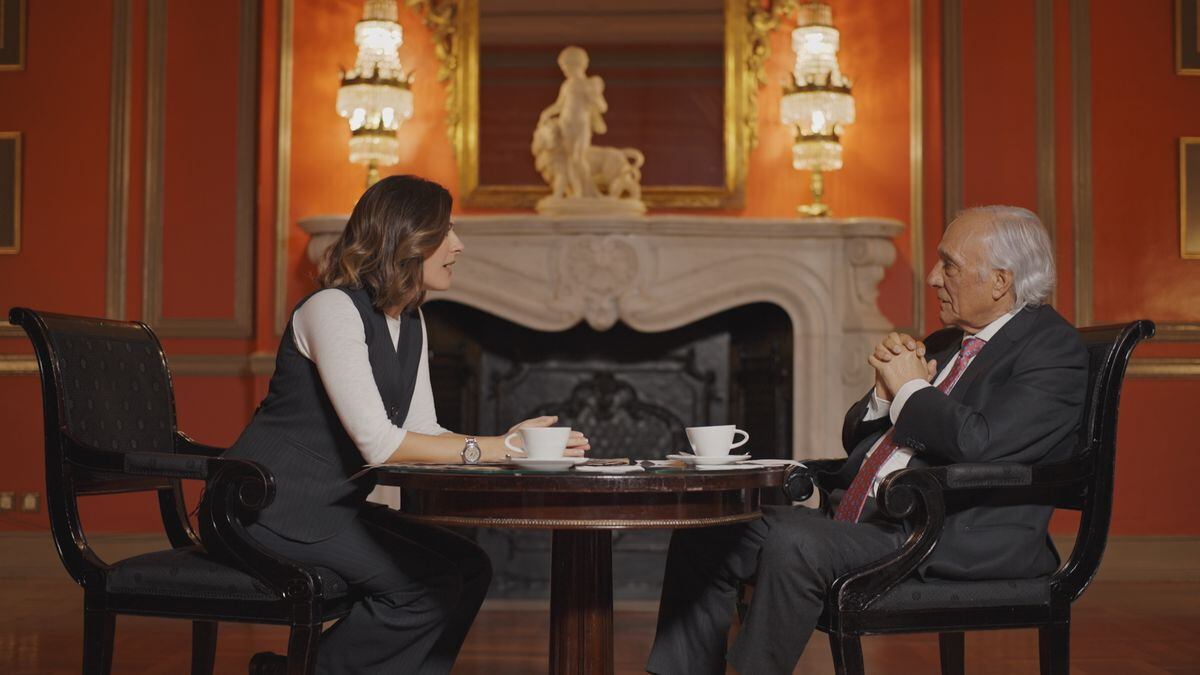

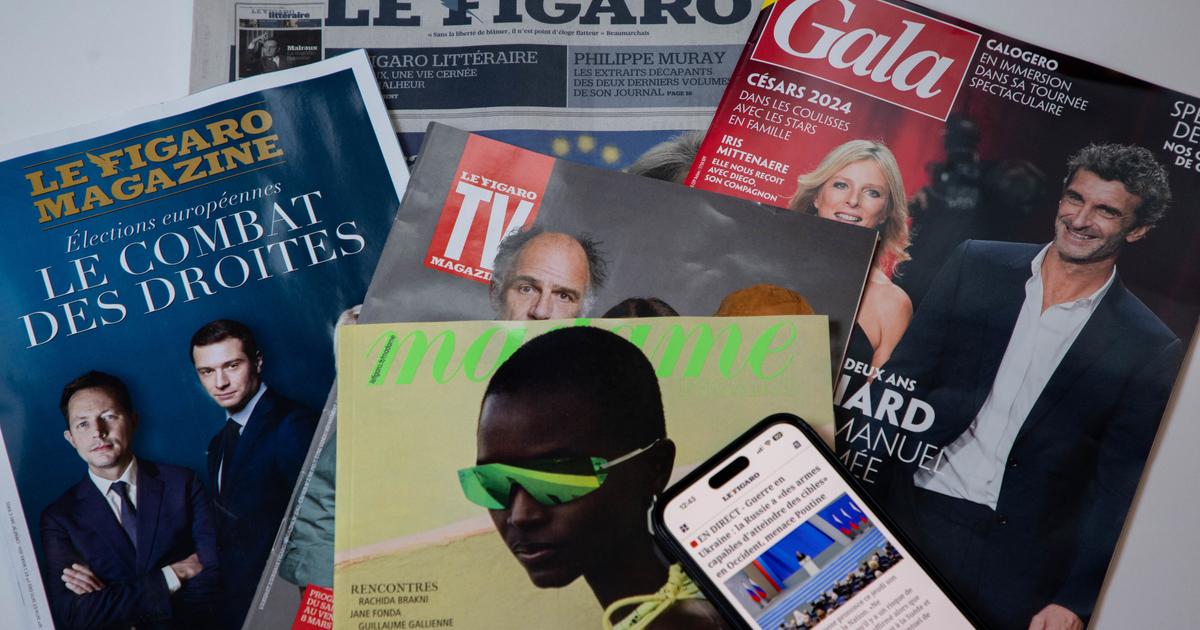
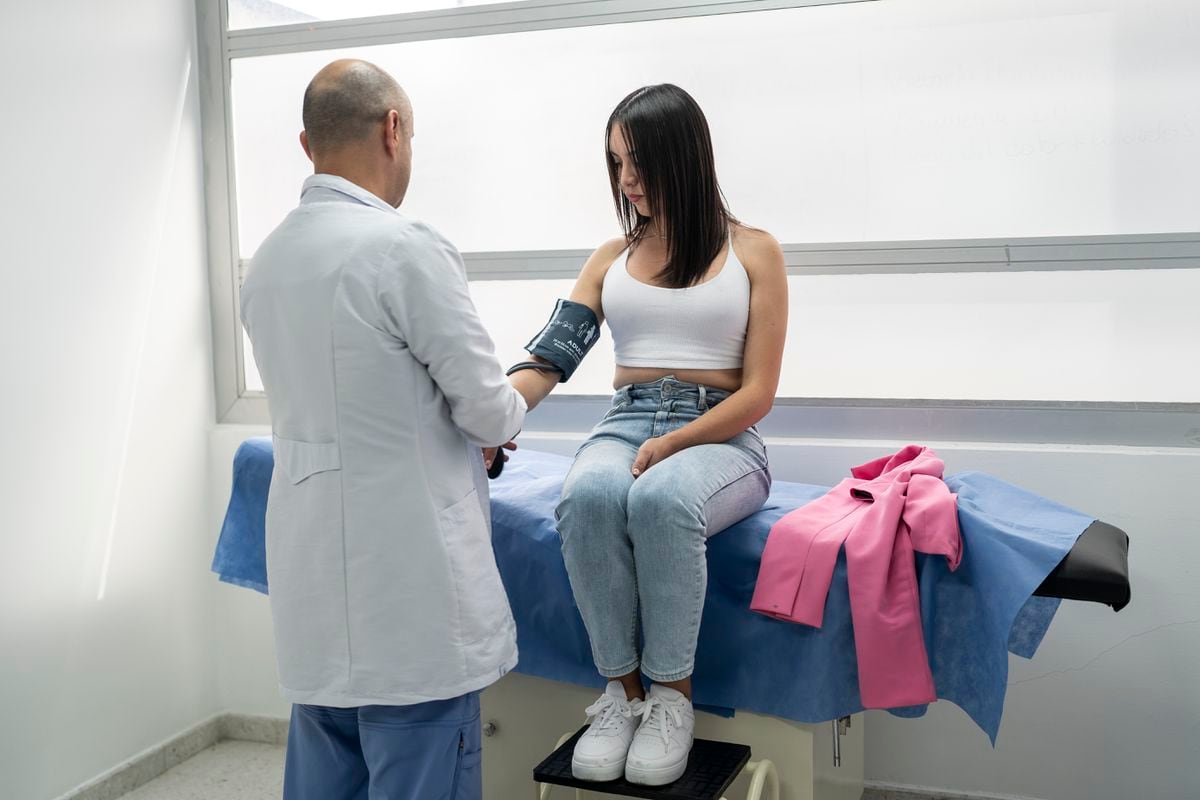
/cloudfront-eu-central-1.images.arcpublishing.com/prisa/NYBERFPPHVEJVER4FIRIEAGGX4.jpg)

